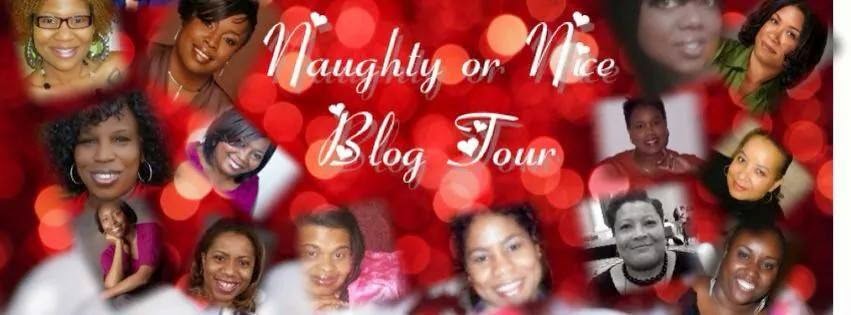Q&A with Carlton Hargro
Veteran editor and writer Carlton Hargro knows what a good story looks and reads like. With 20 years in the journalism business, Hargro has been in charge of award winning publications, worked in every form of media, from TV to magazines and newspapers, and built informative websites. Who better to give advice to writers?
What can fiction writers learn from journalism?
I'll tell you a few things they can learn, some times you read some books and they just go off the damn rails. One thing, that we talked about, is (knowing) what is the story about. With a journalism story, you have to know what it is about. Two, brevity. I think a lot of times people write a book and they think you have to put in all of these big ass words. Or you have to make a description of a wall go on for two pages. People are flipping the pages. Keep it short and sweet, to the point. Another thing is keep things moving. In a journalistic piece, you don't have time to have all of these asides and stuff, that is not necessarily moving the story forward. Keep it moving. Those are the big ones.
What advice do you have for new writers who want to break into the business?
I feel like you have to pick what you're going to write about. I meet a lot of writers who say I write about everything. And I think that's a mistake. Unless you're 22 or 25, but if you're 35, 30, 40 --you need to have a thing. You can branch off and do other things but when someone asks you "what do you write about?" you can't say I write about everything. No, you have to pick your lane and you become an expert in those things. And it focuses you more. It's good to focus on some things that you want to write about and become a fixture in those worlds. Get contacts in those worlds, get access to those worlds. Be good. The main thing with writers is you have to read a lot. And you can read anything. You can read magazines, news papers and it's good if you're writing romance novels -- for instance-- to read other romance novels. Just so you can know what's out there. Read everything because words are the fuel of writers. When you're writing, it's just output and you can be left feeling empty. You have to put shit inside, you know ideas about how to put things together, how to start things off and how to approach sentences. It's OK steal a little bit, technique and subject matter --don't steal subject. If you're (a new writer) don't worry about style. You'll find a style when you keep writing. Write a lot, read a lot and let people read your stuff. Some people are so scared to have you read their stuff. But if you don't let other people read it, then you will never see how an audience reacts to it. It's just you in your head and you in your little room. Then when somebody reads it, they're like 'what
in the hell is this?' Not that they will ever say that. Don't get mad when people criticize your stuff. You have to really learn how to take criticism. But, the bottom line is you have to be good. You have to work to be good.
What do you suggest writers read to find examples of good writing?
Vanity Fair is really good. GQ has some good stories and Rolling Stone still has some really good stories. People talk about The New Yorker, but I really don't read it. I'd like to read it just to say I read it -- but it looks boring as hell. It's probably really good, but I don't fuck with it. I would say read stuff that you don't normally read. You know, I read food journals and stuff -- Gastronomica and heady stuff like that. Read that kind of stuff, read challenging stuff. Challenge yourself. I think alternative weeklies have really good stories. LA Weekly has a lot of good ones on a consistent basis. Some of them are like 10,000 words and they're really good. I've read some amazing stories on there. Whatever your writing, read stuff that you're writing. If you write about food, read about food. If you write relationship stuff, read relationship type books.
What do you read?
You know I read comic books. I read a lot of stuff on the web, magazines, I read graphic novels. And I do read some books, but it takes me a long time to read books. I don't have ADD or anything but stuff bores me very quickly. I flip pages, I just kinda want to know what happened. Get the point.


Comments